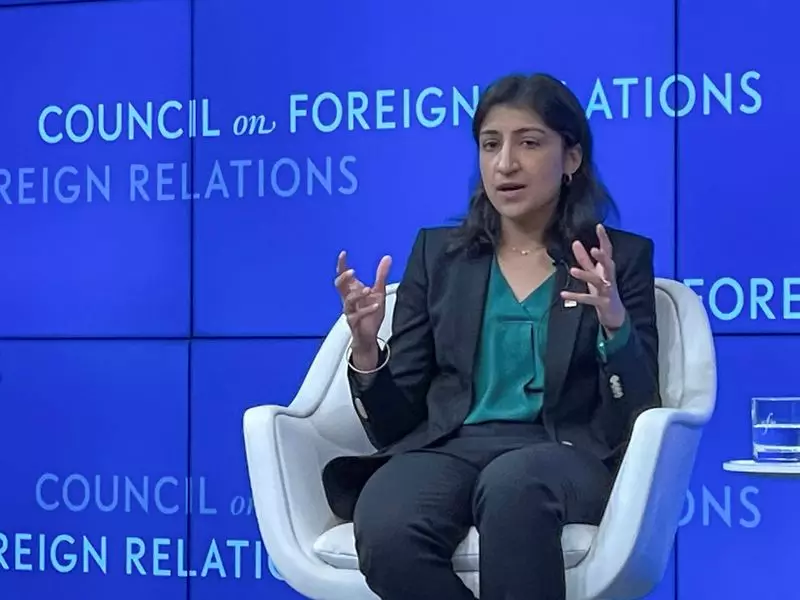In recent years, the landscape of corporate mergers and acquisitions in the United States has evolved significantly, especially under the influence of the Federal Trade Commission (FTC) and its chair, Lina Khan. Her leadership embodies a shift towards heightened scrutiny concerning antitrust considerations. This evolution raises important questions about its implications for the business landscape, economic growth, and investor confidence.
Khan’s assertion that companies are now more mindful of antitrust laws during the early stages of their deal-making processes marks a noteworthy progression in corporate governance. By prompting firms to consider potential legal violations proactively, she aims to foster a more compliant business environment. Khan is clear about her intentions: she wishes to instill a culture of legal accountability in corporate transactions, which could potentially deter unlawful mergers. This proactive mindset could lead to a healthier competitive landscape; however, it may inadvertently stifle innovation and growth as some companies may hesitate to pursue beneficial mergers that are perceived as potentially triggering scrutiny.
Khan’s strong stance has not come without backlash. Critics from the business community argue that the stringent oversight by the FTC and the Department of Justice has created an inhospitable environment for mergers, effectively curbing the merger pipeline. This contention represents a broader fear among investors, who worry that excessive regulation could hinder corporate strategies and deter ambitious entrepreneurship. The call from some wealthy Democratic donors for Vice President Kamala Harris to consider replacing Khan serves to illustrate the division of opinion regarding the effectiveness of her tenure. Through this political lens, Khan’s approach to antitrust enforcement could be viewed not only as a legal framework but also as a reflection of the ongoing ideological battles regarding the role of government in business.
In her statements, Khan acknowledged the necessity for more empirical research to understand the impact of antitrust enforcement on the venture capital sector. This admission highlights a critical gap in current discourse; understanding how stricter regulations can affect innovation and capital investments is imperative. The economic ideology behind venture capitalism thrives on risk-taking, and overly stringent regulations could deter investors from funding potentially groundbreaking ventures. Khan’s willingness to engage in this discussion is commendable, but it must translate into actionable research to ultimately inform policy decisions.
As the antitrust landscape evolves, it is essential for both regulatory bodies and corporations to navigate these turbulent waters carefully. While Khan’s leadership may represent a necessary shift towards protecting competition, it is crucial to balance oversight with the need for economic growth and innovation. Both business interests and regulatory intentions must harmoniously coexist to foster an environment where fair competition can thrive without stifling the entrepreneurial spirit crucial to the economy’s ongoing vitality. This balancing act will determine not just the future of mergers and acquisitions, but also the broader trajectory of American economic dynamism.

